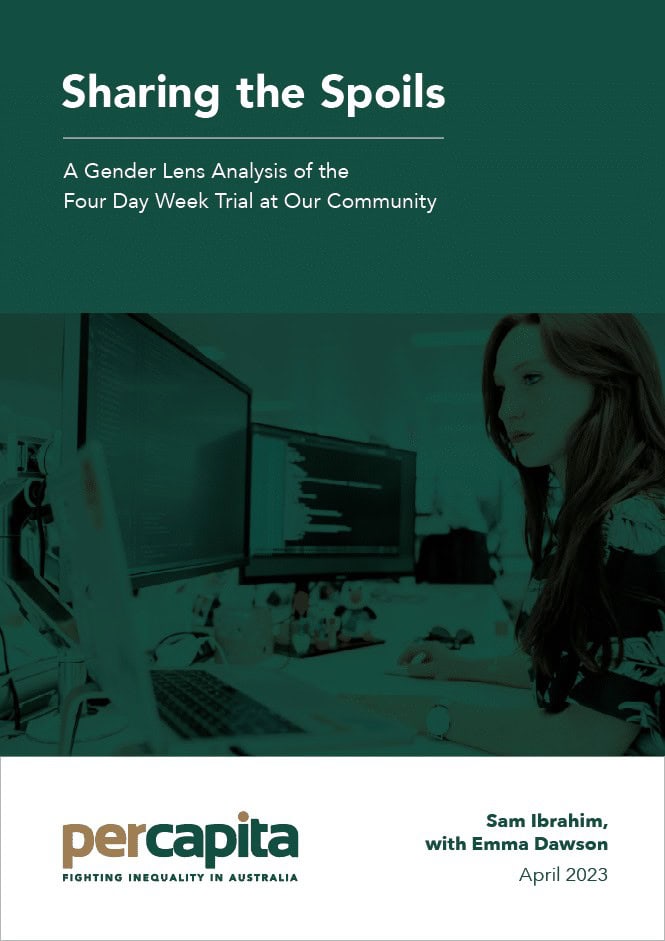In recent years, calls for shorter working ours without a reduction in pay, in terms of a four-day week (4DW), have become increasingly prominent around the developed world.
Recognition of the coming impact of automation and technological change on our working lives, alongside a burgeoning desire to spend less time tied up in work, has put a reduction in working hours firmly on the policy-maker’s table.
The ongoing COVID-19 pandemic has only accelerated this, fuelling rapid transitions to remote and flexible work practices, and unexpected increases in free time as workers abandoned their commutes or found themselves on reduced working hours. It has become increasingly clear that few wish to return to pre-pandemic working conditions, looking instead to a reduced working week to become the new normal.
In light of this growing interest in shorter working hours, the ability to draw on evidence from existing 4DW trials, or similar schemes, will become increasingly important in supporting workers, organisations, and politicians to navigate this new normal.
Our Community moved to a four-day week as part of its progressive commitment to work-life balance, becoming an employer of choice and testing the waters for the not-for-profits it serves. It was among the first workplaces in Australia to make the move.
As part of its commitment to promoting the benefits of a shorter standard full time working week to the wider community, Our Community engaged Per Capita to produce a localised analysis of the trial, applying a gender lens to the findings in order to highlight the benefits reduced working hours can bring to social and economic gender equality.
While other Australian organisations started their trials in August 2022, Our Community started earlier to join the world’s biggest pilot program alongside 70 UK companies and more than 3000 workers, commencing on the 6th of June 2022.
The international pilot, run by the not-for-profit 4 Day Week Global, is based on the 100:80:100 model – workers get 100 per cent of the pay for 80 per cent of the time at 100 per cent productivity.
In keeping with this model, staff at Our Community did not take pay cuts or work longer hours over fewer days, but instead were asked to offset the mandatory reduction to a standard four day full time week with workplace innovations, increased efficiencies and a clearer focus on the organisation’s mission.
Our Community introduced new workplace practices to make up for the reduction in days. There are now fewer emails, fewer and shorter meetings, and staff are encouraged to take non-urgent medical appointments on their days off. Non-essential services – such as a jobs website, which wasn’t a market leader – were axed.
The trial was successful: workers took on fewer hours, enjoyed greater well-being, experienced improved work-life balance, and reported a better cooperative spirit in the workplace; all while maintaining existing standards of performance and productivity.
In early November 2022, less than five months into a six-month trial, group managing director, Denis Moriarty, confirmed that the move would be permanent.
This report summarises the results of the trial and offers a comprehensive account of its story and development with a particular focus through a gender lens. The aim is to provide policymakers, unions, employers, and non-government organisations with a deep insight into a successful trial of a shorter working week, adding to the mounting evidence in favour of reducing working hours worldwide.

